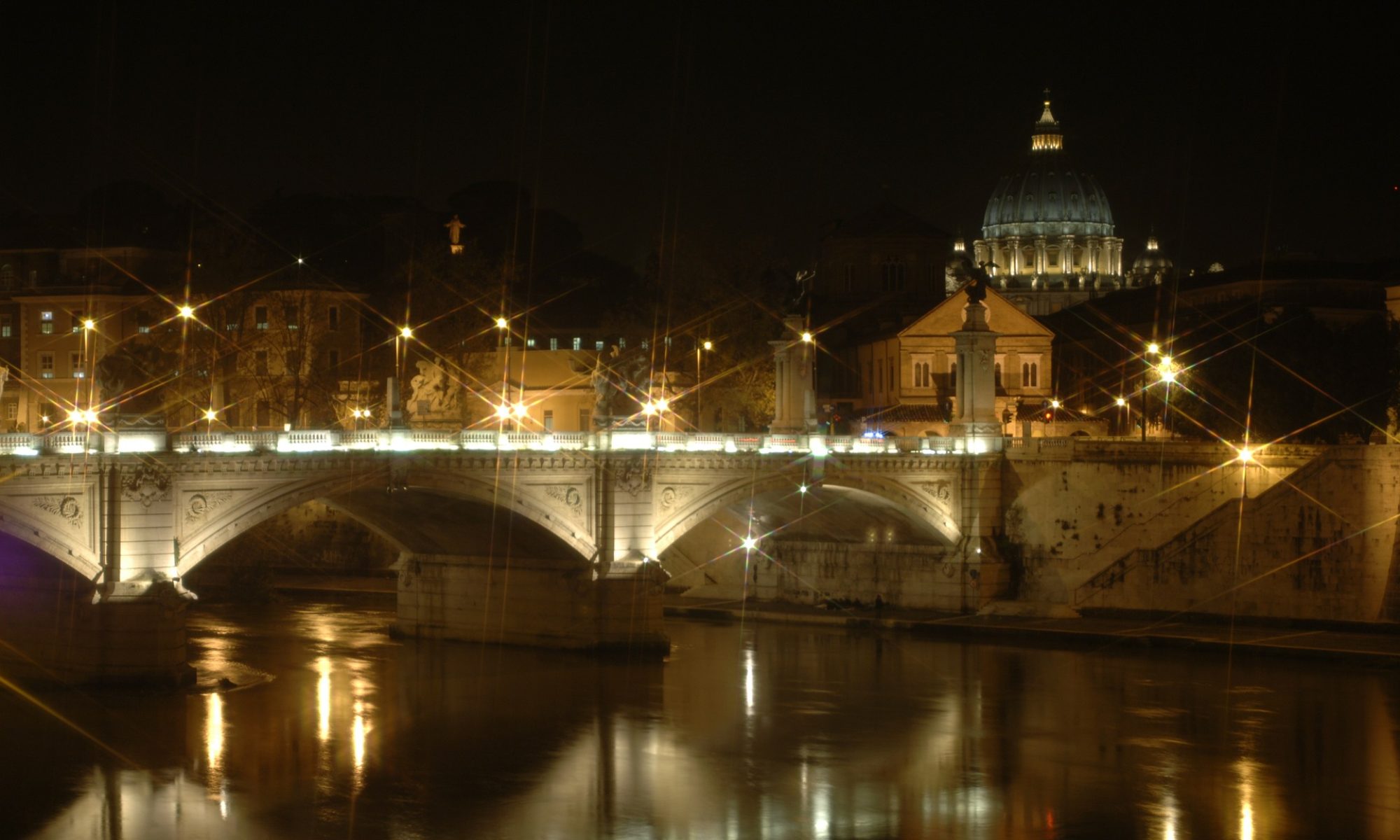September 20th, 2013
Previous Popes communicated on the printed page through encyclicals and official speeches only. One of the major changes that Pope Francis is introducing is that he is reversing the balance. He speaks more through newspapers. Last week, his reply to the editor of the Italian daily newspaper La Repubblica and his interview with different Jesuit journals demonstrated this trend and the interest is evident by the broadcast media coverage generated.
The more Pope Francis speaks, the more his theology is becoming clearer. He has always said that the traditional dogmas and the Catechism are in the background of what he affirms and that nothing of substance changes in his remarks on God’s infinite mercy and the goodness within every human being. This is true only in part. Different Roman Catholic interpreters have always played with the task of putting different accents on the same sheet music and Francis is deliberately putting his preferred accent – fortissimo – on an another key dogma. In light of his Marianism and mission-minded approach already elaborated, the last two written outputs and interviews have shed further light on his basic view of the relationship between nature and grace.
“A Dogmatic Certainty”
Talking to his fellow-Jesuit journalists from across the world (Sept 19th), Pope Francis said many things and these comments are attracting lots of positive reviews. Here we will focus on this particular one:
“I have a dogmatic certainty: God is in every person’s life. God is in everyone’s life. Even if the life of a person has been a disaster, even if it is destroyed by vices, drugs or anything else—God is in this person’s life. You can, you must try to seek God in every human life. Although the life of a person is a land full of thorns and weeds, there is always a space in which the good seed can grow”.
This Pope is not someone who likes to use dogmatic language, at least on the surface. Yet, here he is using the strongest language possible. He really wants to mean what he is saying. God is in everyone’s life. This unqualified statement raises questions about what the Pope thinks of the nature of sin in human life and the reality of us “falling short” of God in our sin (e.g. Romans 3:23). While teaching that those who believe in Him shall be saved, the Bible is clear in saying that we are enemies of God because we are sinners and are therefore under his judgment. The Pope, instead, wants to affirm the dogma that God is present because there is always some residual “good” in man.
“Obeying One’s Conscience”
One further comment by Pope Francis reinforces his dogmatic view on man’s inherent openness to God’s presence. Responding to the editor of La Repubblica (Sept 11th), he writes the following:
“You ask me if the God of Christians forgives one who doesn’t believe and doesn’t seek the faith. Premise that – and it’s the fundamental thing – the mercy of God has no limits if one turns to him with a sincere and contrite heart; the question for one who doesn’t believe in God lies in obeying one’s conscience. Sin, also for those who don’t have faith, exists when one goes against one’s conscience. To listen to and to obey it means, in fact, to decide in face of what is perceived as good or evil”.
Put simply: obeying one’s conscience is what God will take account of in granting forgiveness. Notice that the Pope here is not speaking of those who have never heard the gospel, but of those who don’t believe it knowing what they are doing. Apparently, to go against one’s conscience counts more than going against God’s revelation. Although the Bible teaches there is no excuse before God’s righteous judgment (e.g. Romans 2:1), Francis here says that that the conscience is the final judge to whom God will submit himself. The human conscience is the determinative factor for God’s forgiveness.
The “Grace-Within-Nature” Scheme
These two statements, i.e. God is in every person and obeying one’s conscience is what really matters, are thus part of a coherent “dogma” of human goodness and universal salvation.
What is important to observe is not so much the details of each statement, rather the general theological vision that lies at its core. Traditionally, Roman Catholicism has worked within the nature-grace scheme largely dependent on its pontifically ratified Thomistic tradition. According to this theological meta-narrative, nature, although partially flawed by sin, is elevated by grace to its supernatural end and the sacramental system of the Church is the way in which grace operates this elevation.
Moreover, in the XX century, this scheme was significantly modified and received an important endorsement at Vatican II. Whereas the old scheme implied that grace needed to be “added” to nature, the new version claims that grace is already part of nature and works within itself, not as something extrinsic but intrinsic to it. Grace is inherent to nature and through the sacramental system of the Church which unfolds itself more and more.
One advocate of a “grace-within-nature” framework was Karl Rahner (1904-1984), himself a Jesuit as well. His view of the “anonymous Christian” stated that each human being, for its being a human being, is already graced and therefore a Christian even though he is not aware of it or does not want to be such.
While not using the Rahnerian language, Pope Francis works within a similar “dogmatic” framework. God is present in everyone and one’s conscience is what will ultimately count. In spite of all its missional allure and merciful attitude, what Francis is saying is not good news for Gospel centered people.

